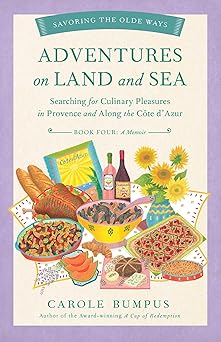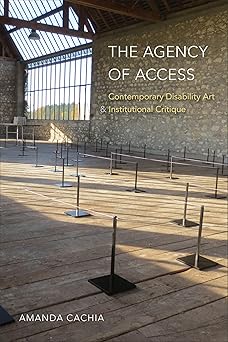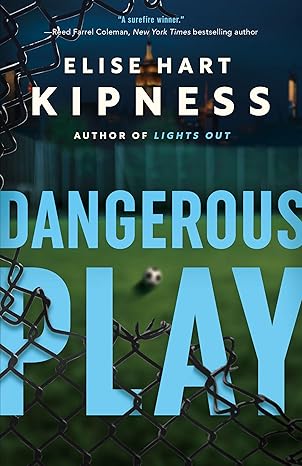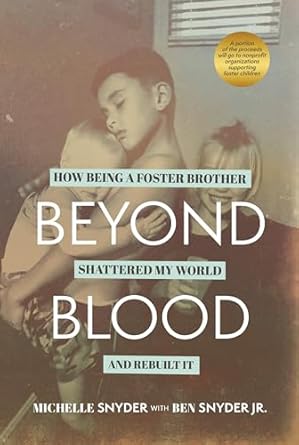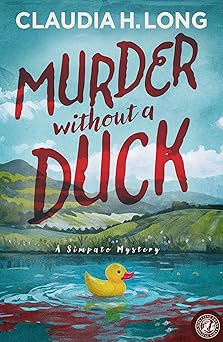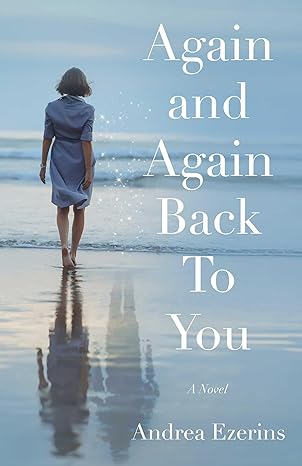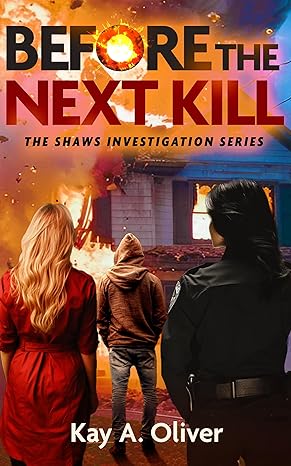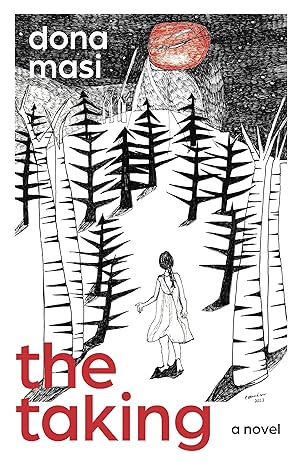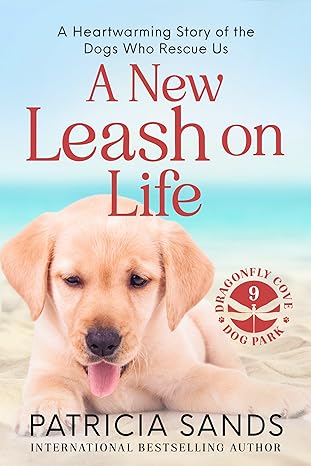Ukraine: A Legacy of Resilience
by Erin Litteken
 One of my favorite things to do as a child was listen to my great-grandmother’s stories about Ukraine I’d spend hours staring at the pictures on her wall–images of the places and people she and my great-grandfather left behind when they fled Nazi and Soviet oppression with their three young children during WW2.
One of my favorite things to do as a child was listen to my great-grandmother’s stories about Ukraine I’d spend hours staring at the pictures on her wall–images of the places and people she and my great-grandfather left behind when they fled Nazi and Soviet oppression with their three young children during WW2.
Most with Ukrainian heritage have heard snippets of similar tales–variations on themes of hunger, fear, bravery–but maybe not the full versions. Sometimes, our family members held on to those accounts, only letting little bits trickle down through the generations, the recollections of terror and grief so strong they haunt them still.
Now, as an adult, I want to understand everything she witnessed and survived. Her sons, my great-uncle and grandfather filled in a lot of the blanks, but they were just children then.
In my favorite story, my great-grandparents were stopped by two Russians soldiers, robbed, and lined up outside their wagon to be shot. With her young children crying and a gun in her face, my great-grandmother talked the soldiers out of killing her and her family. The Russian men were Soviet soldiers, but she never called them Soviets. They were always Russians. The invaders. The occupiers.
Her bravery that day saved them, and that story, whether downplayed or exaggerated, became my personal fairy tale–a strong, brave heroine rescuing her family from the assailants. Now, I realize it was also a cautionary tale. A reminder of what had happened and could happen again. A warning of how to fight back, because, as a Ukrainian, she and her family had to fight just to exist.
That fear, that bone deep knowledge that they could come for her family at any time never left her. Even in her eighties, she gave money to every police fundraising telemarketer that called, telling my mom, “They will try to come and take you away in the night if you don’t. Just give them the money.”
What affected her so much that forty years and an ocean between them still didn’t give her peace of mind? What memories did she keep clutched so tight that they disappeared with her, crumbling to dust alongside her body, lost to me, to the world, forever?
Sometimes I touch the items she left behind and imagine they’ll tell me her secrets. I run my finger down the list of dead loved ones she prayed for in her prayer book. Sofiya, Valentyna, Petro, Ananiy. Some names I recognize, some I don’t, her handwritten Cyrillic letters a spidery cluster of sounds I clumsily translate and transcribe, as if my writing them will bring them back to life for me. It’s her legacy of loss, of resilience, but I can’t fully mourn for her if I don’t understand.
When I decided I wanted to try writing historical fiction, I planned to use those tales as inspiration for my first novel. But as I researched, trying to piece my family’s journey into the actual narrative of Ukrainian history, I found out more about Stalin’s brutal intentions specifically towards Ukraine during the Holodomor. In English, Holodomor translates to “death by hunger”, and that’s exactly what it was–a man-made terror famine that stole roughly four million Ukrainian lives. It wasn’t the family story I set out to tell, but it was a vital piece of Ukrainian history. I knew I had to start there.
By studying history, we can observe the ebbs and flows of changing borders, the tragic dance between conqueror and conquered, the rise and fall of empires. We see these patterns, we lament, and we forget. We let things that shouldn’t happen in the first place happen again.
Russians steal vast amounts of Ukrainian grain and equipment, threatening this year’s harvest.
Mariupol residents forced to hunt pigeons to eat.
Starving Ukrainians blocked from receiving aid
Ripped from the news in 2022, these headlines could easily be describing scenes from 1932-33. Ukraine is, once again, valiantly fighting forces from Moscow bent on their annihilation. Back then, Stalin weaponized food to systemically decimate Ukraine. Today, along with a full military assault, Putin is weaponizing food to not only devastate Ukraine but to threaten the world.
When Ukraine resisted collectivized farming in the 1930’s, Stalin issued directives to break them. His efforts–including forcibly removing food from homes, locking down villages so no food could come in, blocking travel, and shutting down the country’s borders–turned Ukraine into a giant death camp. One in eight Ukrainians died.
If you survived, talking about the famine would get you arrested. In 1937, Stalin eliminated the census that showed the extreme loss of life, executed the man in charge of the census, and ordered a new one with numbers he liked. The Soviet government denied the hunger, foreign journalists corroborated their narrative–Walter Duranty, a New York Times journalist even won the Pulitzer Prize for his work covering the Soviet government–and the world looked away.
Now, descendants of those who survived the Holodomor are facing another brutal attack from the east. This time, the world is watching, but many people aren’t aware of the long, painful history there. When I began writing THE MEMORY KEEPER OF KYIV years ago, I never imagined I would witness such a blatant example of history repeating itself. I shouldn’t have been surprised, though. It’s a pattern. Russia, in all its various governmental forms, has been trying to eliminate Ukraine for centuries. We can’t let them succeed.
—
Erin Litteken is the author of THE MEMORY KEEPER OF KYIV from Boldwood Books. You can find her at erinlitteken.com, or on Twitter, Facebook, and Instagram
THE MEMORY KEEPER OF KYIV
 Perfect for fans of The Tattooist of Auschwitz and The Beekeeper of Aleppo.
Perfect for fans of The Tattooist of Auschwitz and The Beekeeper of Aleppo.
“A powerfully moving debut . . . Ukraine’s tragic history painfully echoes its current crisis, and on every page the Ukrainian spirit shines out, unbowed, unbent and unbroken.” Kate Quinn, author of The Diamond Eye
In the 1930s, Stalin’s activists marched through the Soviet Union, espousing the greatness of collective farming. It was the first step in creating a man-made famine that, in Ukraine, stole almost 4 million lives. Inspired by the history the world forgot, and the Russian government denies, Erin Litteken reimagines their story.
In 1929, Katya is 16 years old, surrounded by family and in love with the boy next door. When Stalin’s activists arrive in her village, it’s just a few, a little pressure to join the collective. But soon neighbors disappear, those who speak out are never seen again and every new day is uncertain.
Resistance has a price, and as desperate hunger grips the countryside, survival seems more a dream than a possibility. But, even in the darkest times, love beckons.
Seventy years later, a young widow discovers her grandmother’s journal, one that will reveal the long-buried secrets of her family’s haunted past.
This is a story of the resilience of the human spirit, the love that sees us through our darkest hours and the true horror of what happened during the Holodomor.
May we never forget, lest history repeat itself.
A share of proceeds will be donated to DEC’s Ukraine Humanitarian Appeal.
“A compelling and intimate story of love and survival. Harrowing and haunting . . . yet, at the same time, it is sensitive, beautiful and inspiring. Everybody should read this story, especially now. I cannot recommend it highly enough.” Christy Lefteri, author of The Beekeeper of Aleppo
“A stunning portrait of Ukraine and its people, of strength, of endurance, of the fight for survival during the forced famine, the Holodomor, but also a tender story of Katya, a grandmother whose hidden history holds the power to guide her granddaughter through the darkness of loss and grief, toward life and a limitless future. A remarkable read not to be missed.” Lisa Wingate, author of Before We Were Yours
BUY HERE
Category: On Writing






